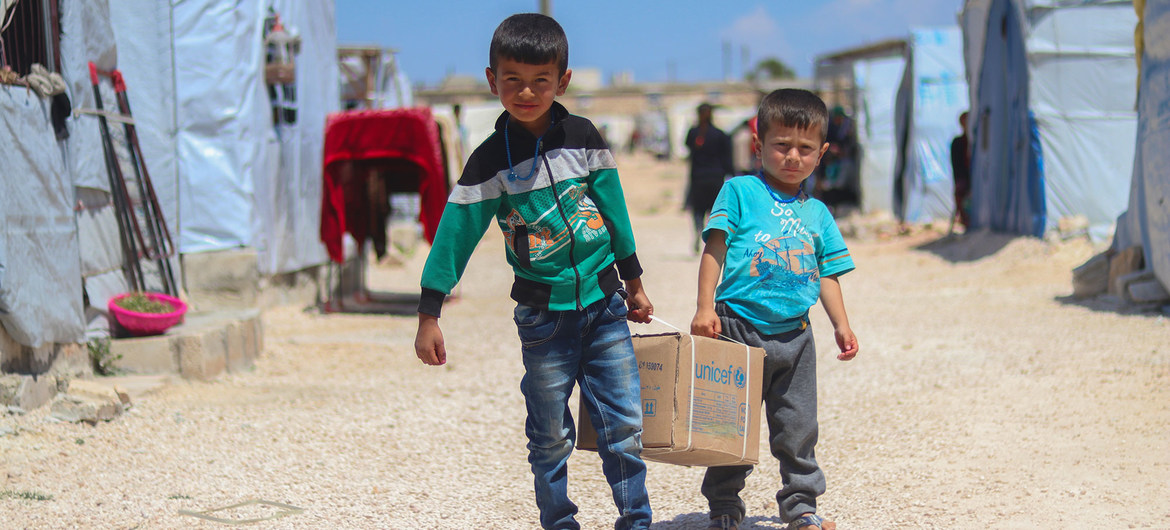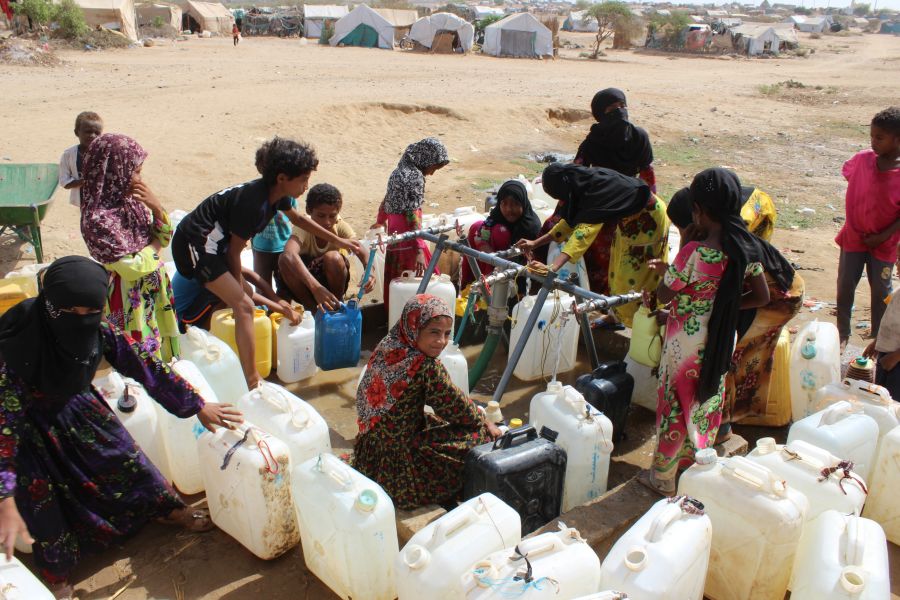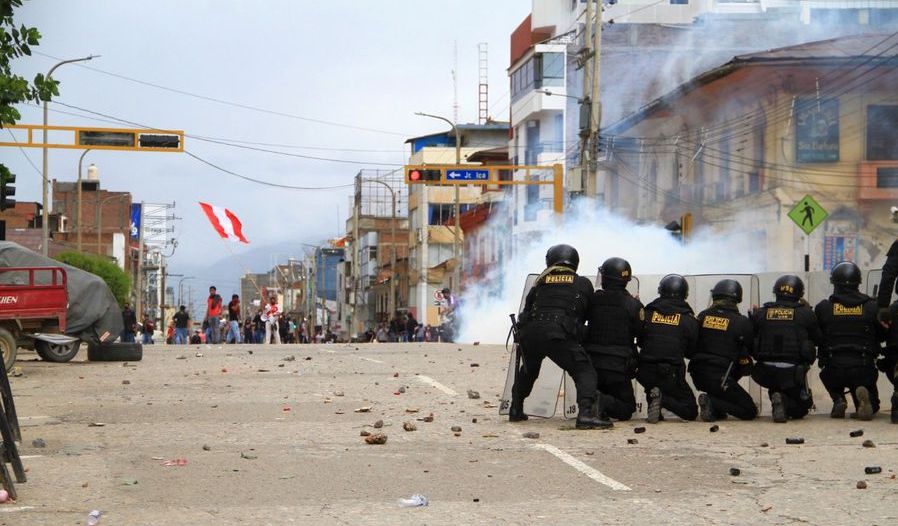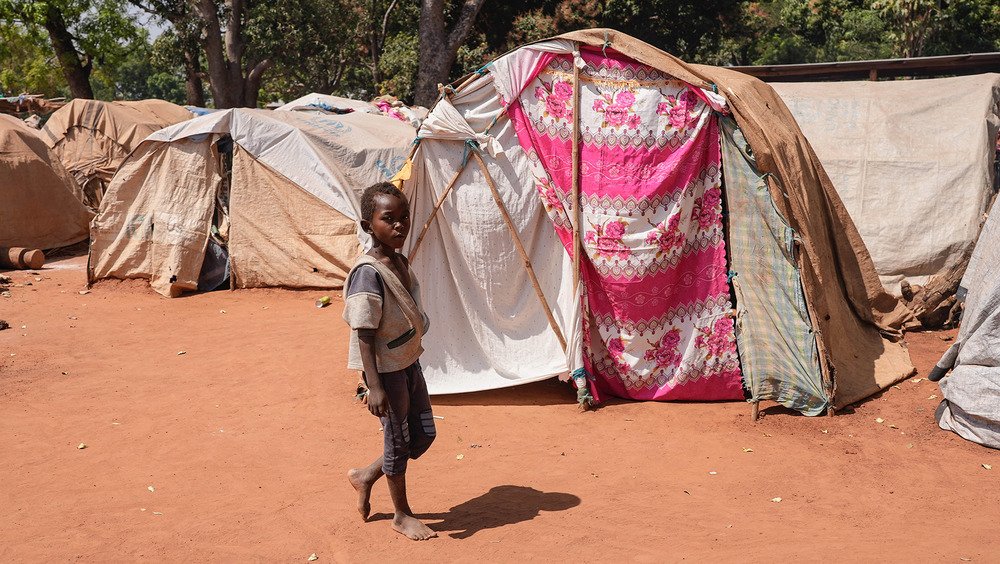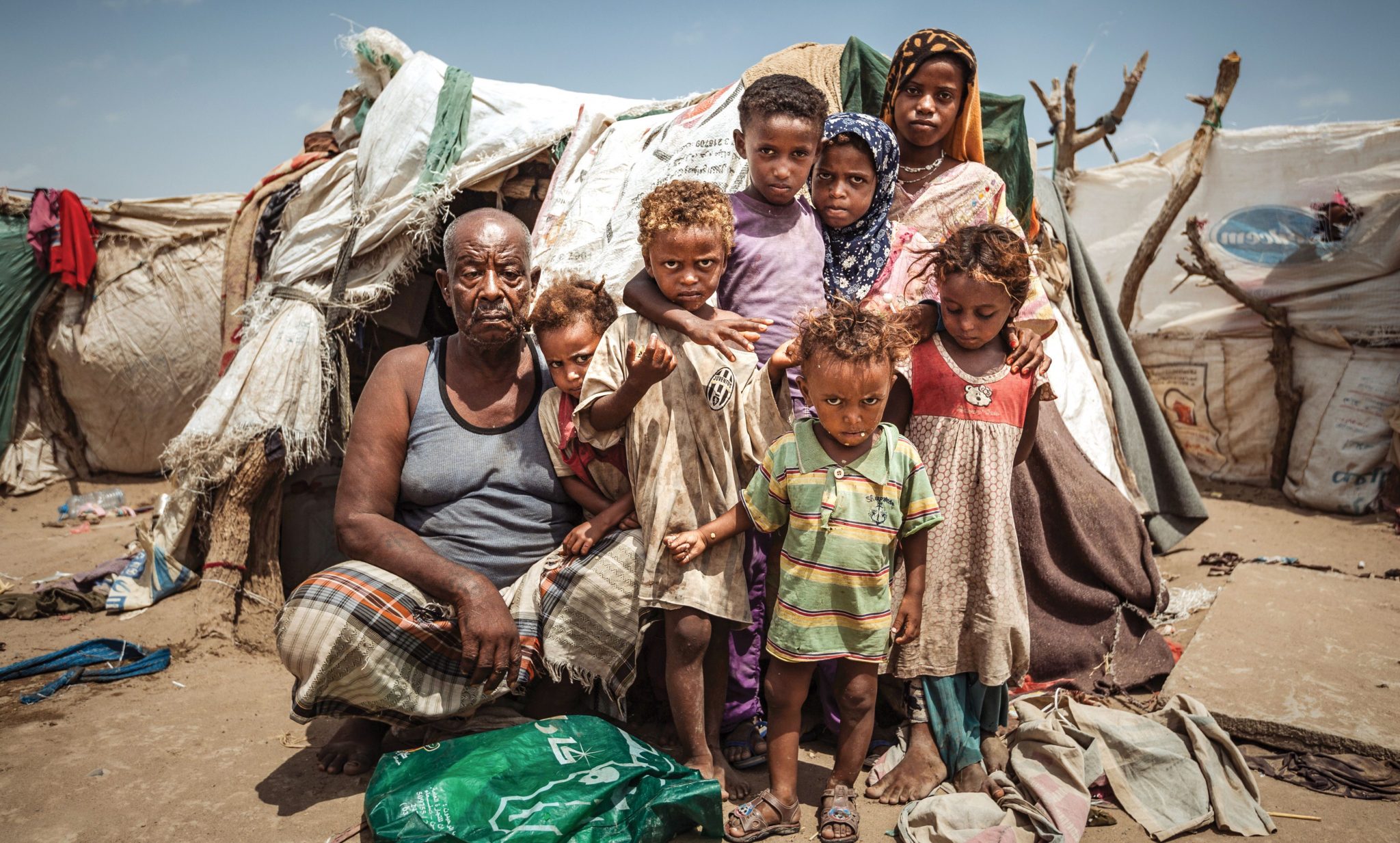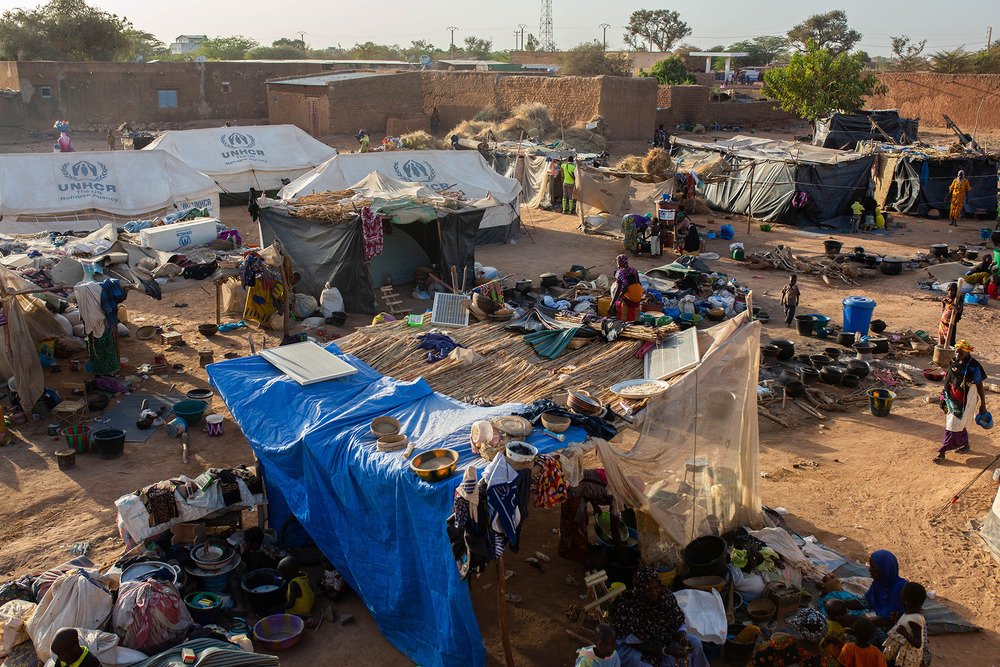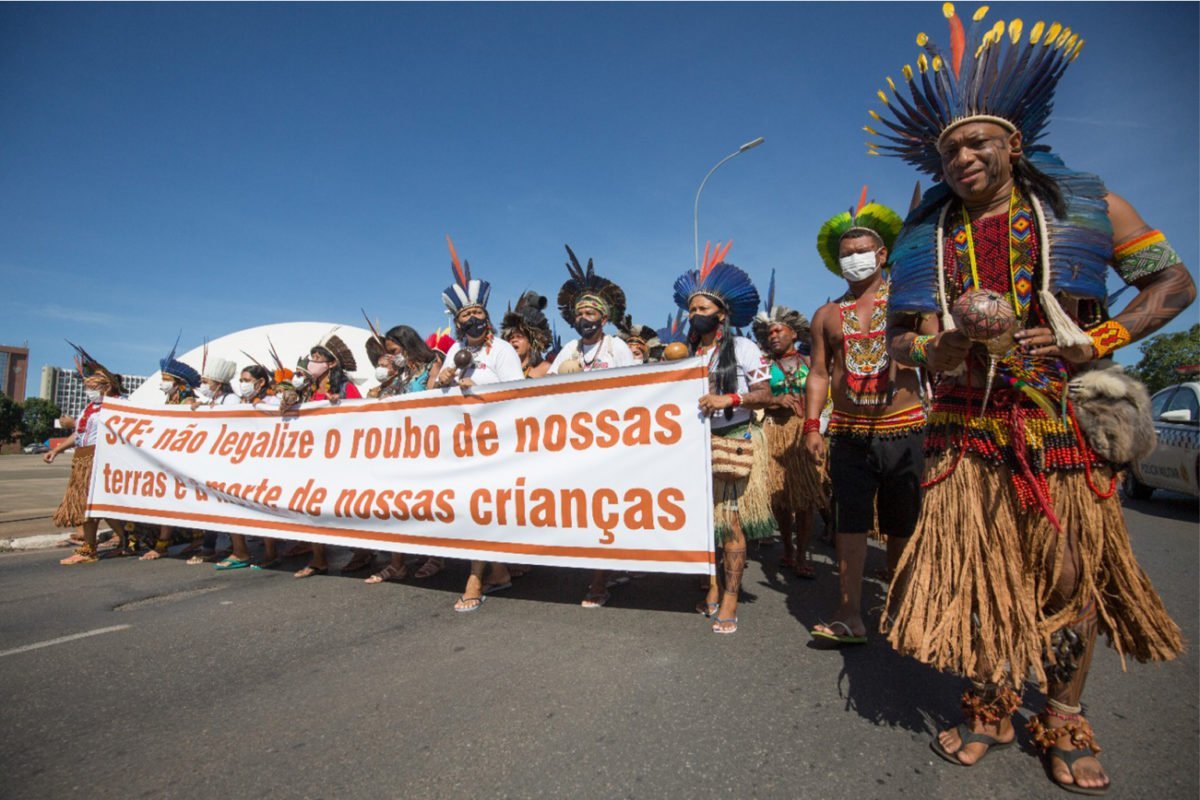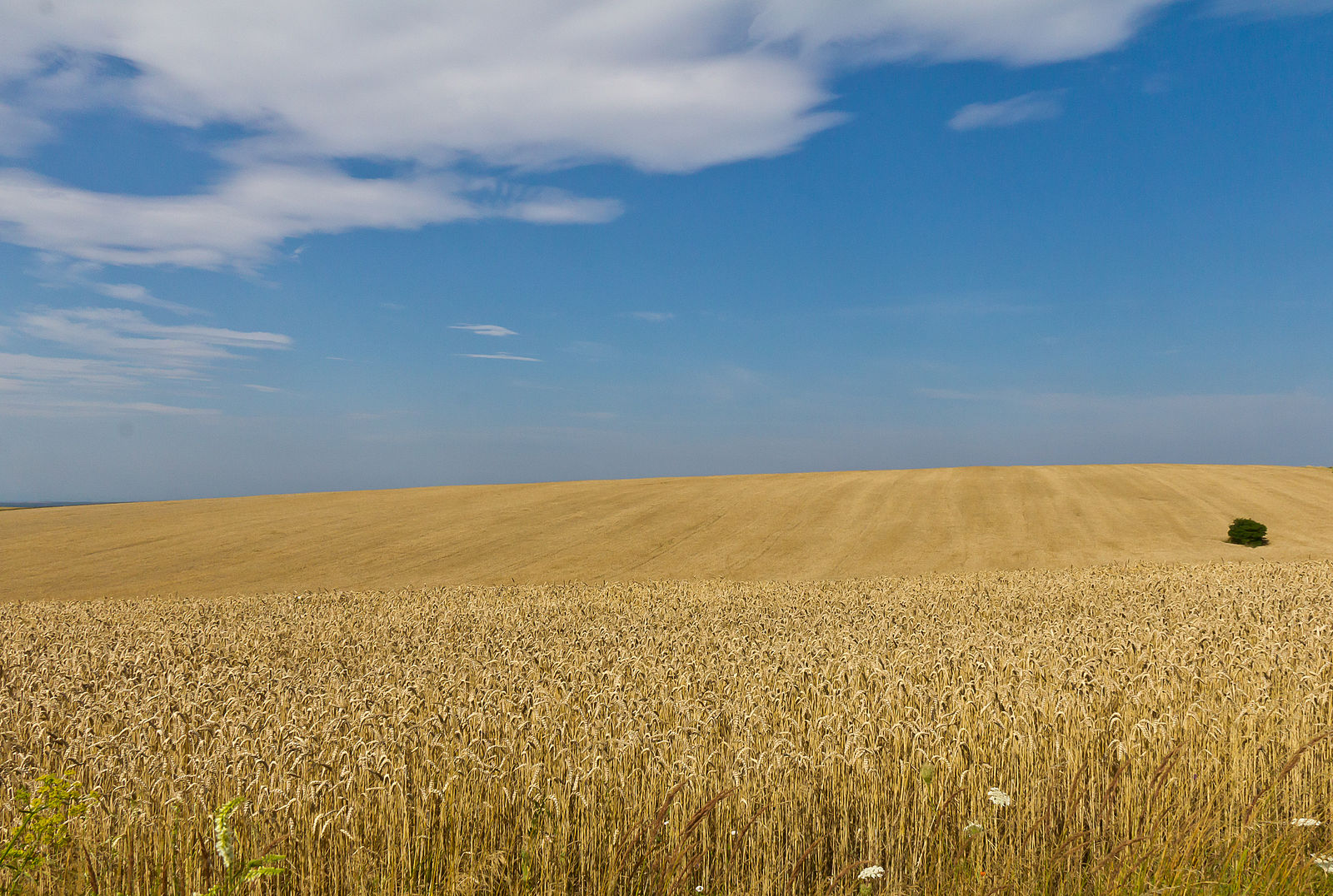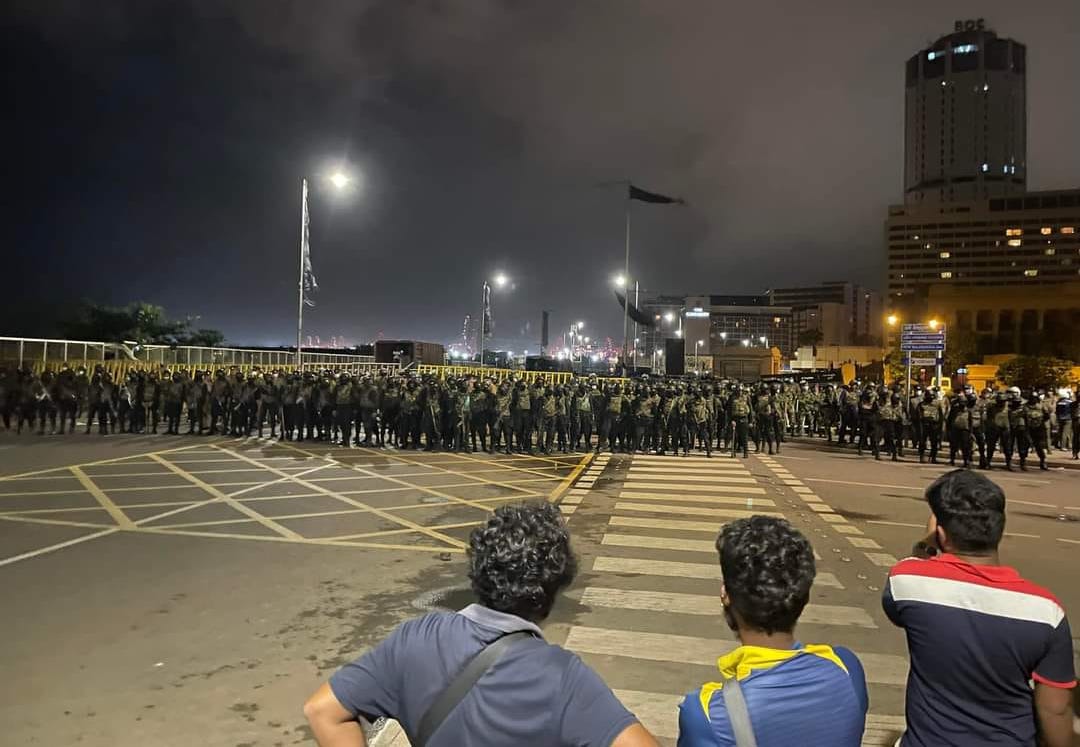
Fascist pseudo-anti-fascism in Sri Lanka
Sri Lanka’s newly appointed acting president Ranil Wickremesinghe unleashed police and army troops against remnant protesters at an encampment site in the capital, Colombo. More than 50 were injured in the raid and several arrested. Military personnel also reportedly detained a group of protesters for several hours and severely beat them before they were released. Just hours earlier, protest leaders had agreed to disband the encampment the following day, in response to a court order. The site had been occupied by protesters since March, when an uprising began in response to near-total economic collapse in the country. Wickremesinghe, implicated in past atrocities during a counterinsurgency campaign against leftist rebels, has repeatedly derided the protesters as “fascists.” (Photo via Twitter)



